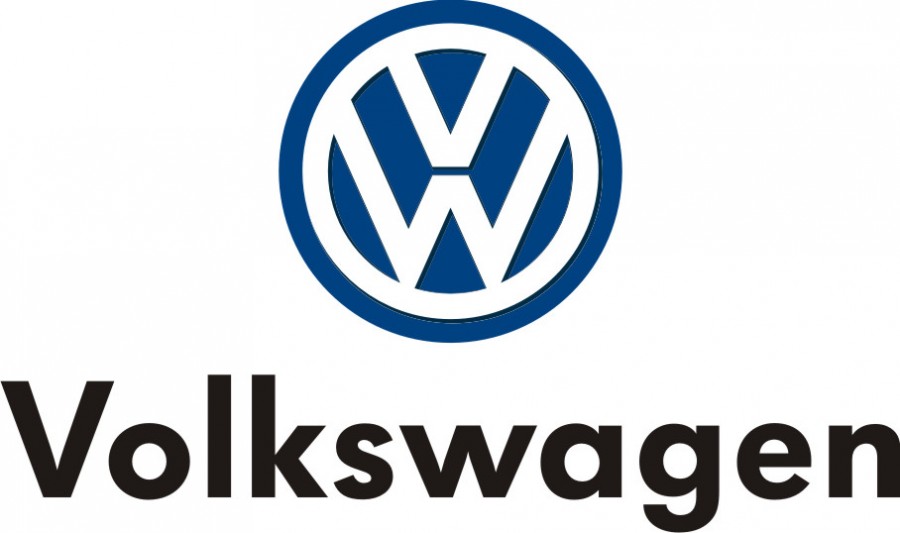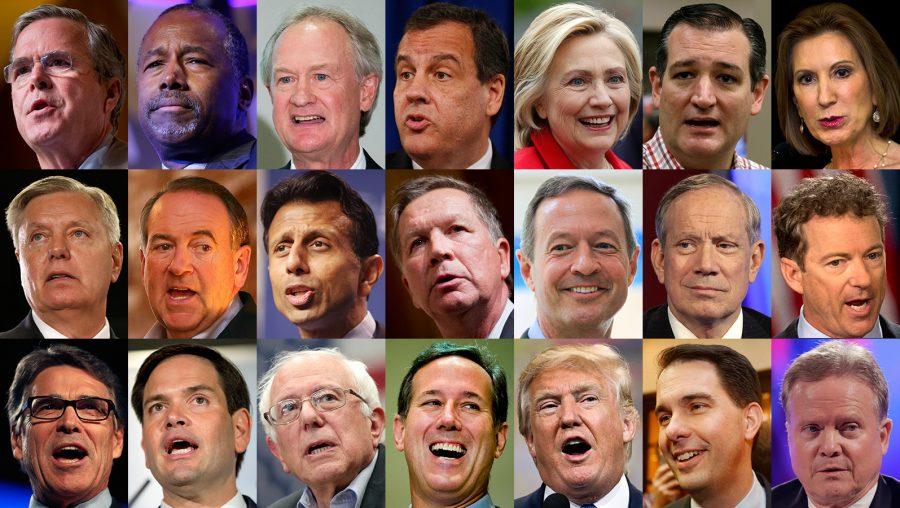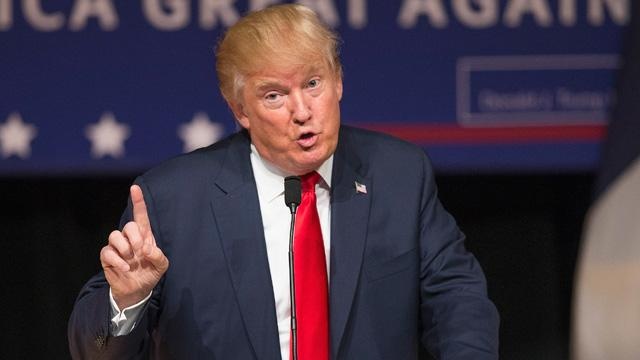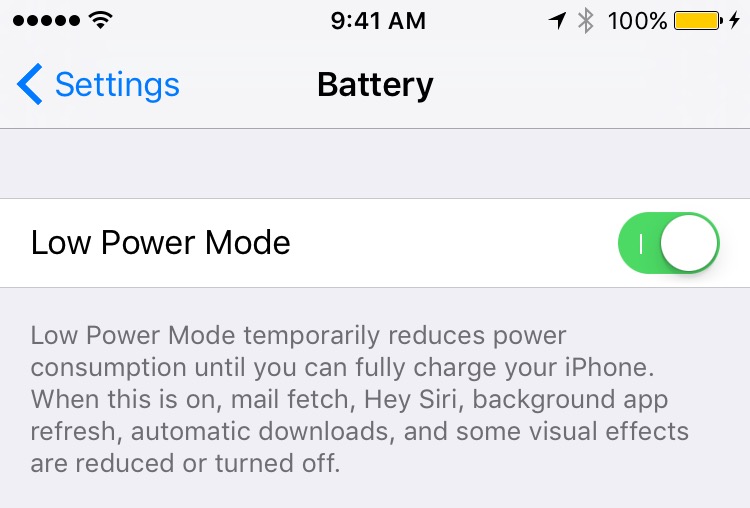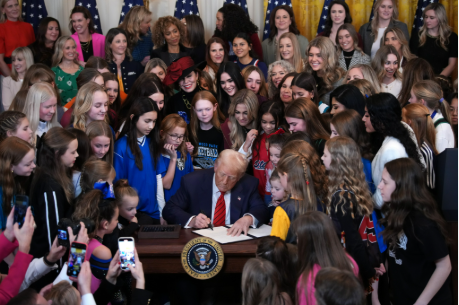Volkswagen branded them as clean diesels: powerful cars that prioritize energy efficiency. The hybrid alternatives dominated the U.S. market for their affordable, clean engine technology. However, it turns out that eco-friendly buyers have been unknowingly pumping pollution into the air because of software intended to deceive EPA inspectors.
Volkswagen succeeded in installing a “defeat device” on nearly half a million cars in the United States, 11 million worldwide, over seven years. This device communicates with the car’s computer to alter how the engine runs, only reducing emissions to legal levels when being tested.
“During emission testing, the vehicles’ ECM ran software which produced compliant emission results under an ECM calibration that VW referred to as the ‘dyno calibration’… at all other times during normal vehicle operation, the ‘switch’ was activated and the vehicle ECM software ran a separate ‘road calibration’ which reduces the effectiveness of the emission control system,” the EPA wrote in a document to VW.
In other words, the EPA found that the company dishonestly claimed to be making cars that could deliver high performance while complying with legal pollution levels, and in the process, cheating buyers and unfairly competing against honest auto manufacturers.
The result of VW’s deceit is hundreds of thousands of cars on the road spewing air pollutants at levels up to 40 times the legal limit. Volkswagen has since formally apologized and announced that it would commission an independent investigation. It seems it’s a little too late for that.
The impact of Volkswagen’s cheating is much bigger than dealing with half a million defective cars. The real consequence of their actions is a possibly irreversible, shattered reputation. Government emissions inspectors depend on automakers to provide their vehicles with computers that make everyday auto inspections swift and painless. This saves the government money and the driver’s time. Volkswagen’s cheating undermines the notion that the readings cars give are accurate and reliable. This incident now demands that regulators rethink how they operate.
Thankfully many have pushed for reform in emission inspections. The International Council on Clean Transportation will soon implement a mandatory road test portion of vehicle examination to further prevent crimes like this from occurring.
“The European Commission is currently preparing to require on-road testing as part of the passenger car type-approval process in the EU. According to these plans, vehicle manufacturers from 2017 would have to test new vehicles not only under laboratory conditions but also on the road, using PEMS equipment.”
Although the United States has yet to establish any further preventative measures, the hope is that we follow suit with Europe to crack down on cheaters like this in the future.
Consumers can only hope that the fact VW got caught, and the imposition of heavy sanctions, will deter more cheating. The company now potentially faces fines upwards of $18 billion, a speculation that caused its own stock price to plummet 50%. Giving significant punishment to the German automaker will hopefully serve to make cheating too financially and personally risky for those tempted in the future.


